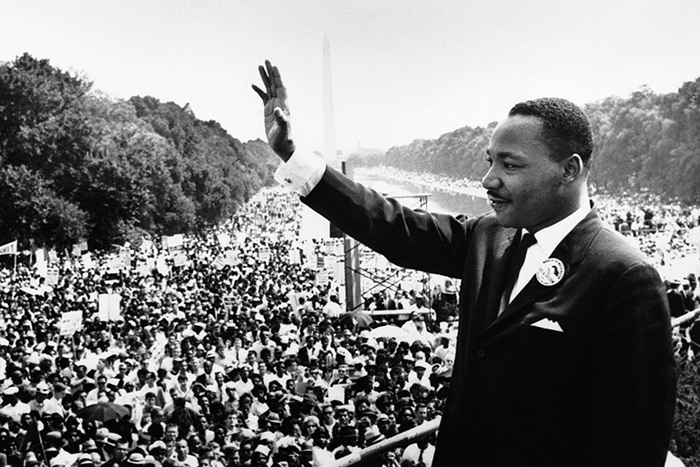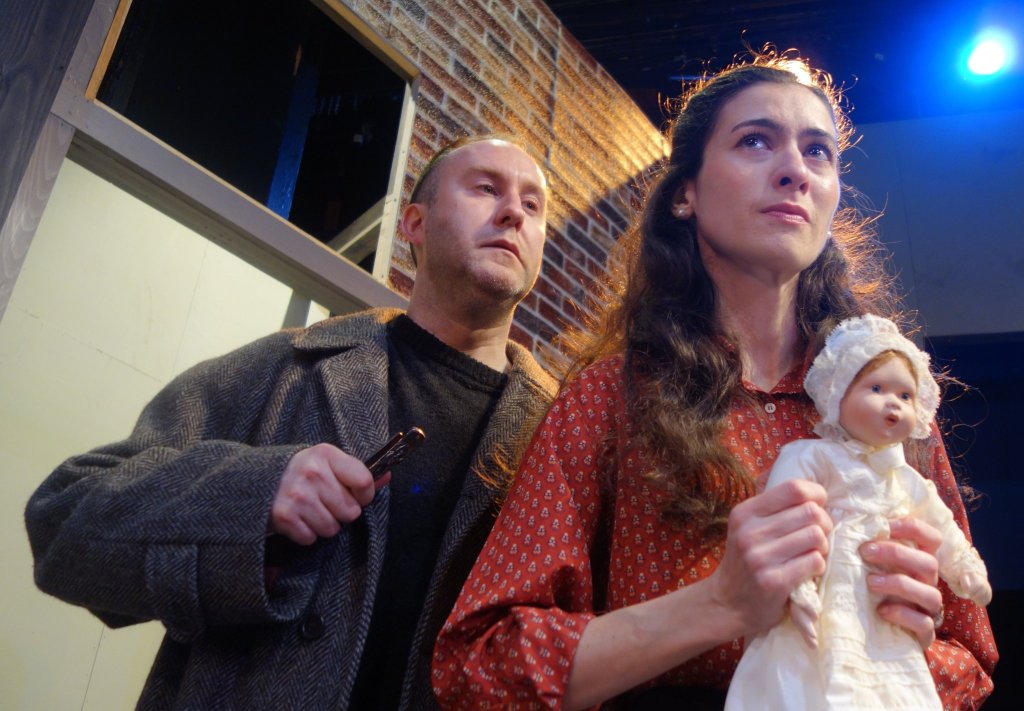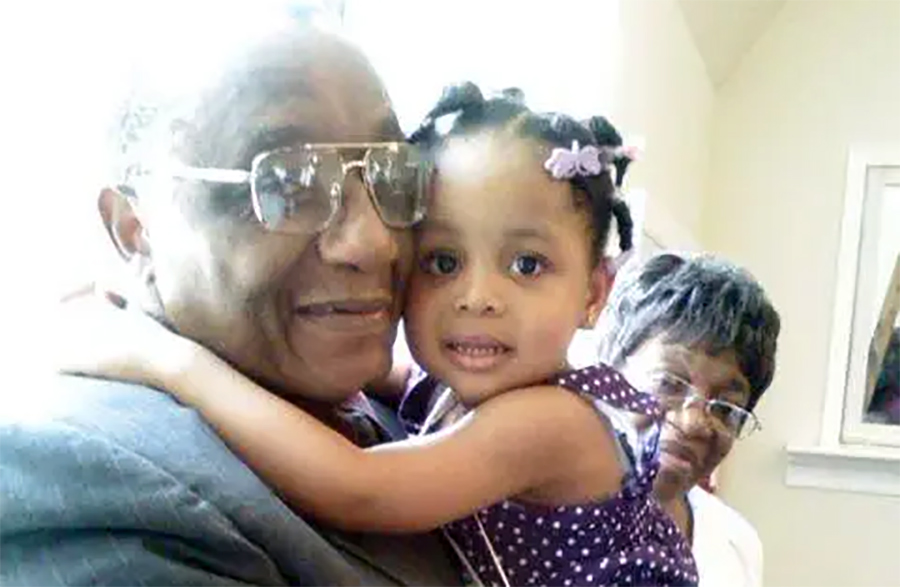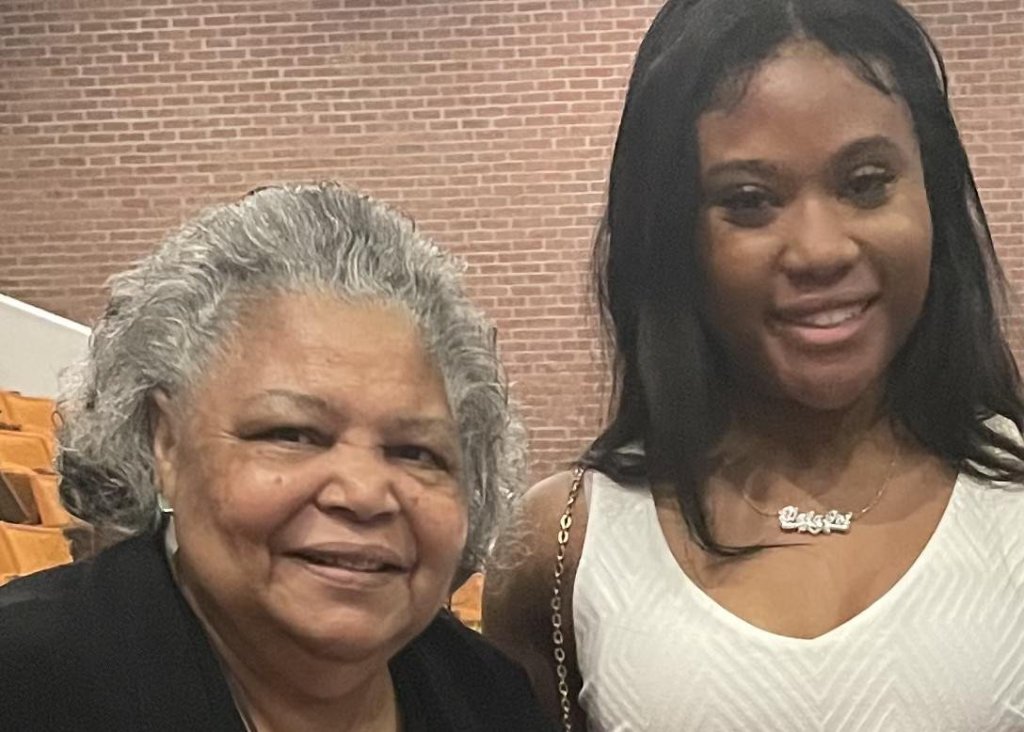Who Knew MLK's Assassination Was Proven a Conspiracy in Civil Court?

As April 4, 2018 marks the 50th anniversary of Reverend Martin Luther King Jr.‘s 1968 assassination, it seems like a good time to remind Americans that the civil rights leader’s murder was the result of a “high level” conspiracy—at least according to a unanimous civil court verdict in 1999. Sounds like malarky, right? Well, it’s true.
The trial, held in Memphis, lasted nearly four weeks and included testimony from more than 70 witnesses. By the end of it, 12 jurors took only about an hour of deliberations before unanimously declaring that King was not killed by lone gunman James Earl Ray, but was in fact assassinated by someone else who worked at the behest of conspirators comprising Memphis cafe owner Loyd Jowers, the Mafia and various government agencies.
Seeking only to reveal the truth of King’s death, his widow, Coretta Scott King, and her family did not seek to win millions in damages, and were awarded just $100.
Jowers, who many still discredit, owned a cafe on the ground floor of the rooming house from which King was shot. In 1993, he told ABC that Memphis produce purveyor Frank Liberto paid him $100,000 to have King killed, so he hired an assassin who was definitely not Ray, but Liberto was already dead by the time of Jowers’ interview. According to The New York Times, Shelby County prosecutor John Campbell said Jowers was lying, and that several of his associates confirmed he hoped to get a movie or book deal out of his claims.
Ray, the man most Americans believe killed King, confessed to the murder in 1969, but he later recanted and continued claiming his innocence from prison until his death in 1998. The civil trial verdict notes that Ray was not the shooter, and was instead a patsy, framed to take the fall.
In spite of the 1999 civil verdict, the United States House of Representatives Select Committee on Assassinations (HSCA), created in 1976 to investigate the deaths of King and John F. Kennedy, maintains that the conspiracy theories are just that. The National Archives (archives.gov) offers the committee’s complete findings in an easy to navigate web page, which begins by stating their belief that “no private organizations or individuals” were involved in King’s assassination.
Still, the civil trial clearly presented enough convincing evidence to sway 12 jurors firmly toward a conspiracy. It should be noted, however, that the burden of proof in a criminal trial is “beyond a reasonable doubt,” while a civil trial must only be proven “by a preponderance of the evidence.”
Coretta Scott King, who died in 2006, clearly felt vindicated by the civil verdict, no matter what detractors argued.
“There is abundant evidence of a major high level conspiracy in the assassination of my husband, Martin Luther King, Jr. And the civil court’s unanimous verdict has validated our belief,” she said in a statement published on the Martin Luther King, Jr. Center for Nonviolent Social Change (aka “The King Center”) website (thekingcenter.org).
“This verdict is not only a great victory for my family, but also a great victory for America. It is a great victory for truth itself. It is important to know that this was a SWIFT verdict, delivered after about an hour of jury deliberation,” she continued, adding, “The jury was clearly convinced by the extensive evidence that was presented during the trial that, in addition to Mr. Jowers, the conspiracy of the Mafia, local, state and federal government agencies, were deeply involved in the assassination of my husband. The jury also affirmed overwhelming evidence that identified someone else, not James Earl Ray, as the shooter, and that Mr. Ray was set up to take the blame.”
Whether the civil verdict is to be believed or not, it certainly can’t be ignored. And surprisingly few Americans even know it happened.
You can read the complete transcript of the civil trial and decide for yourself here.
Watch Martin Luther King Jr.’s famous 1963 “I Have a Dream” speech below.



